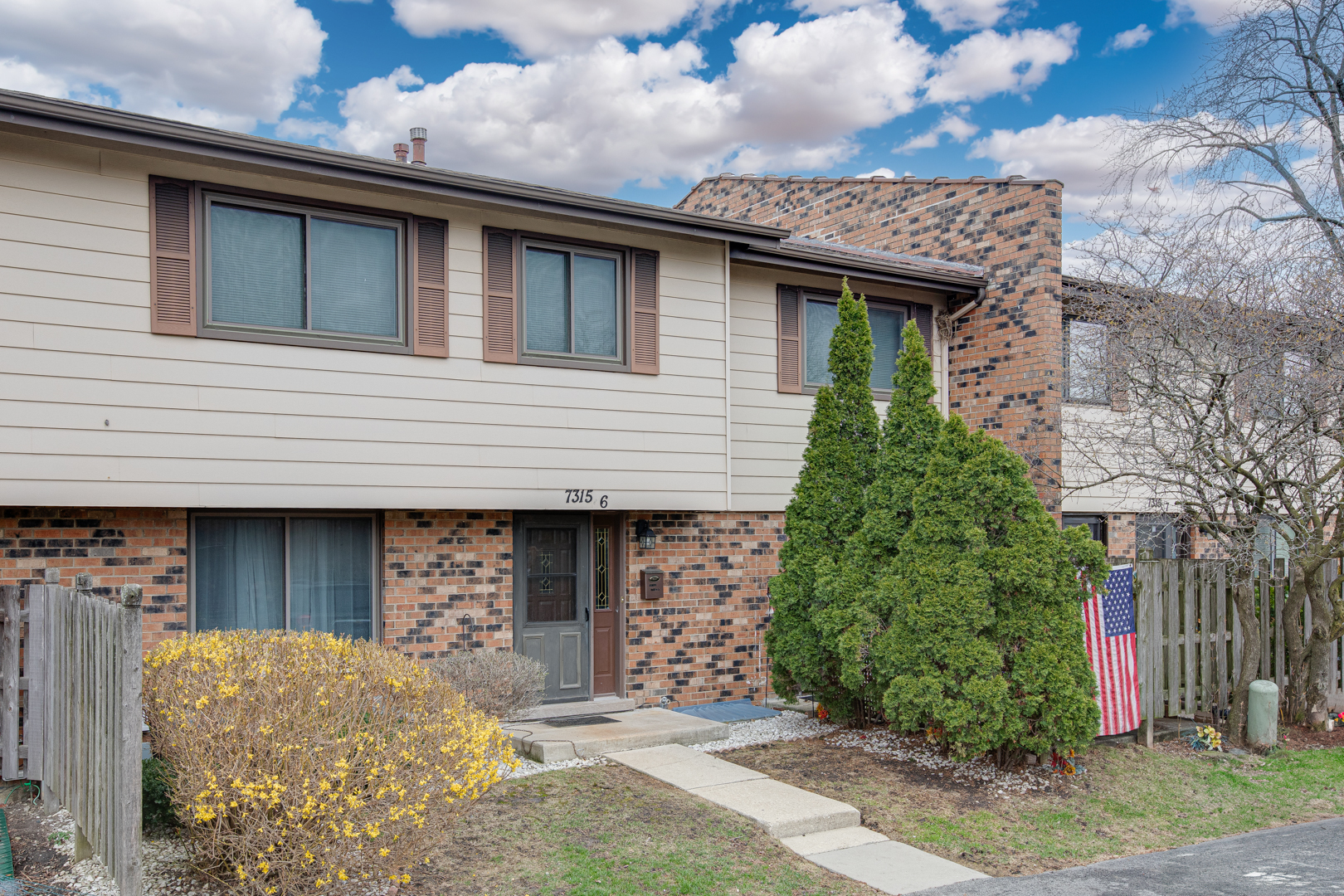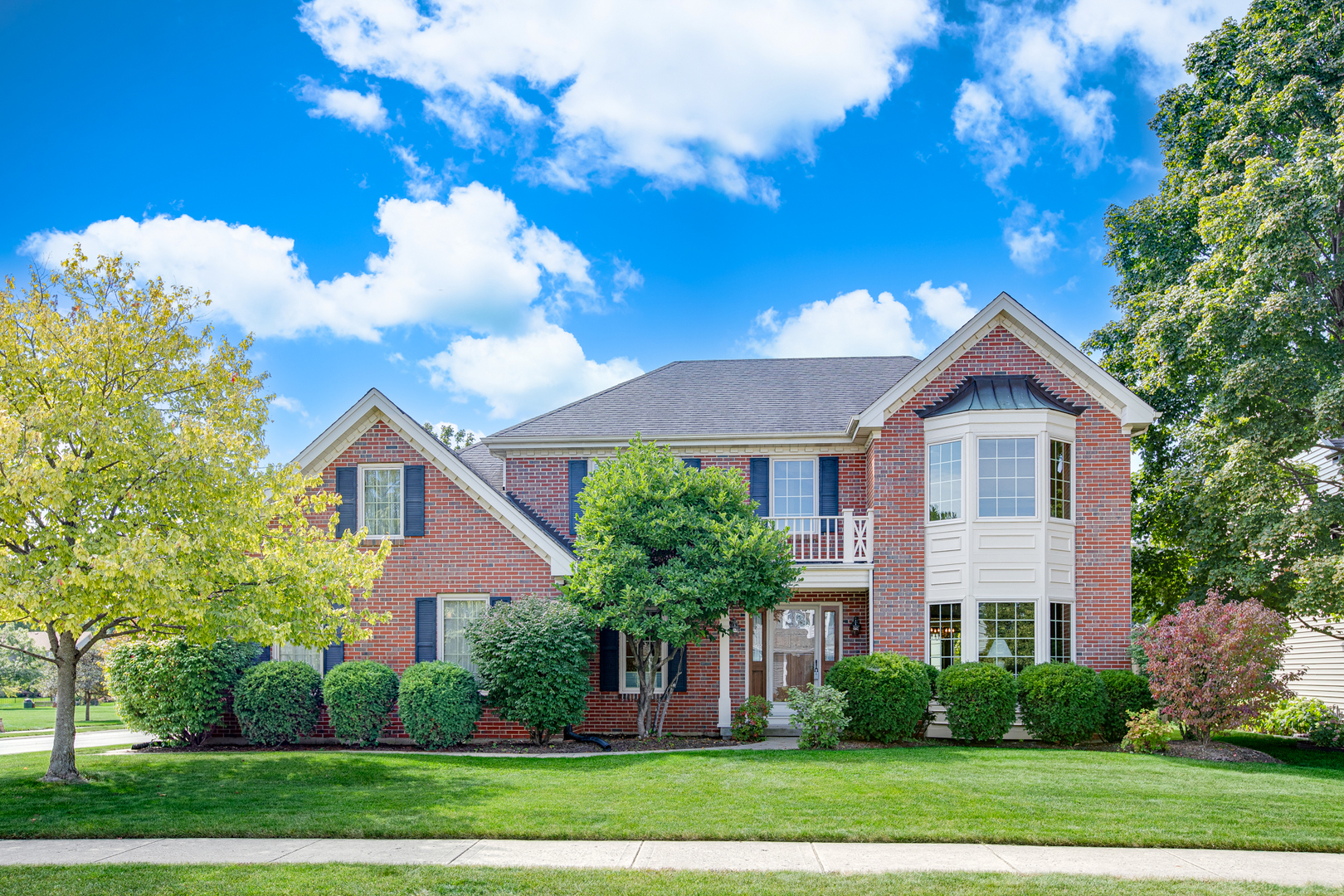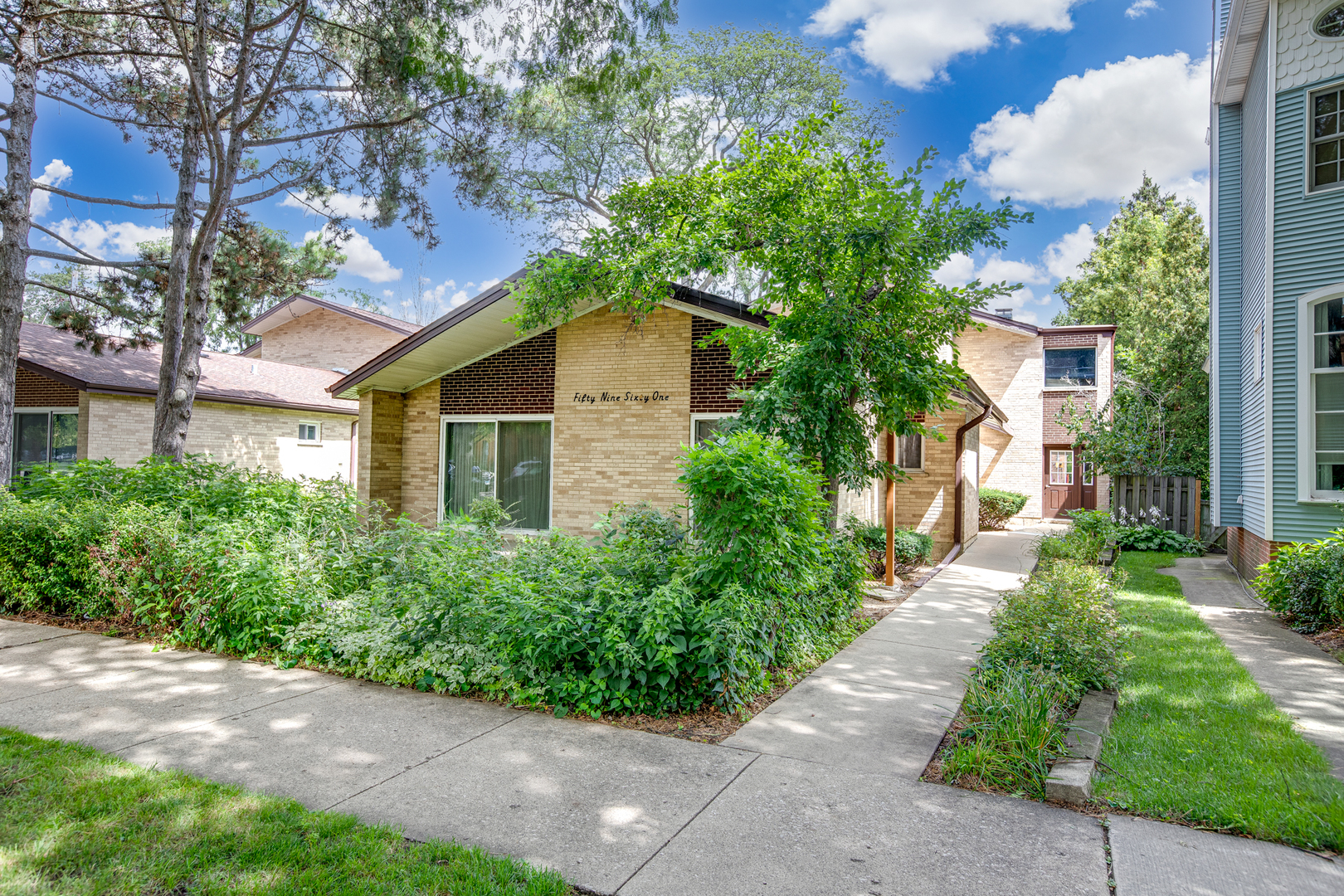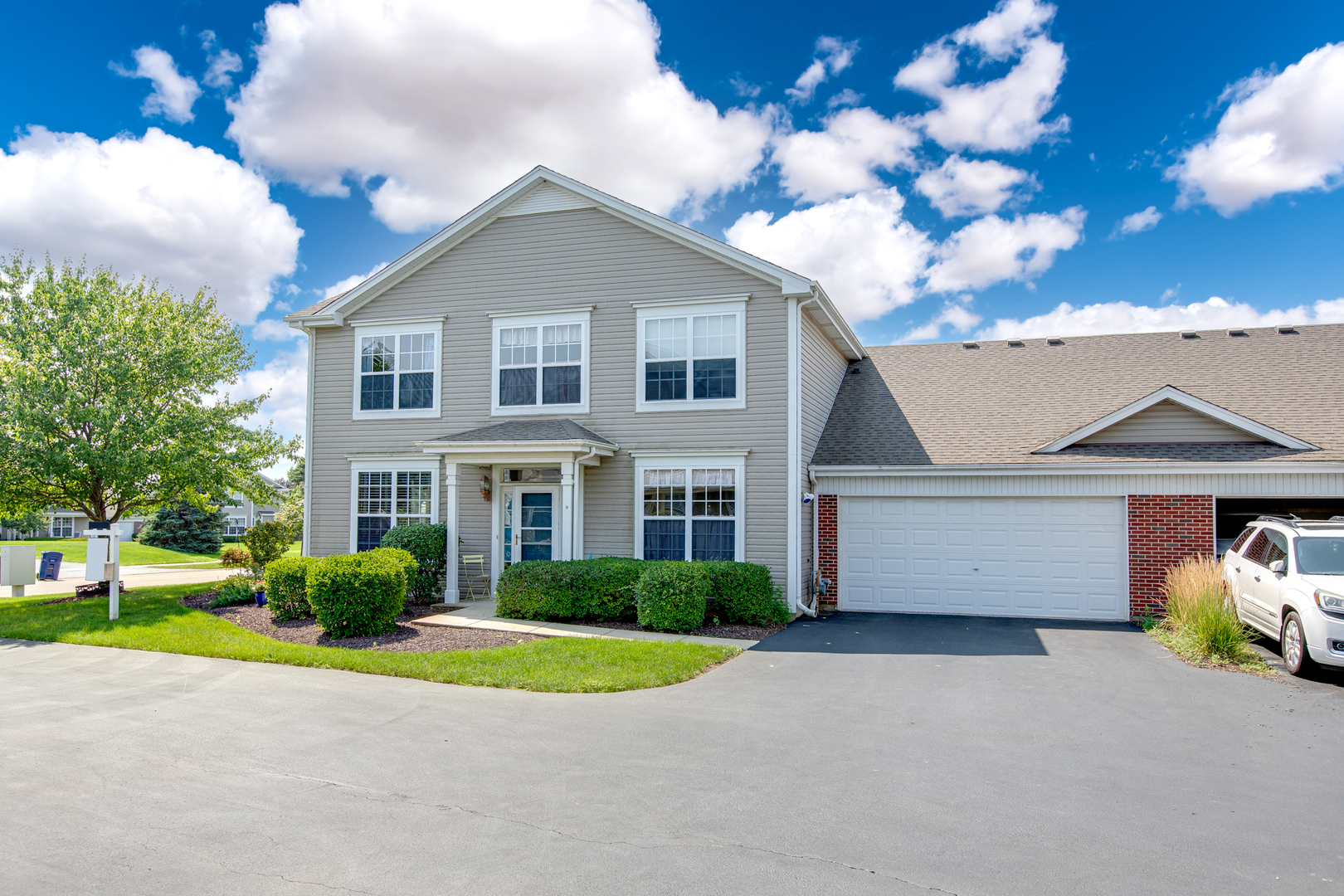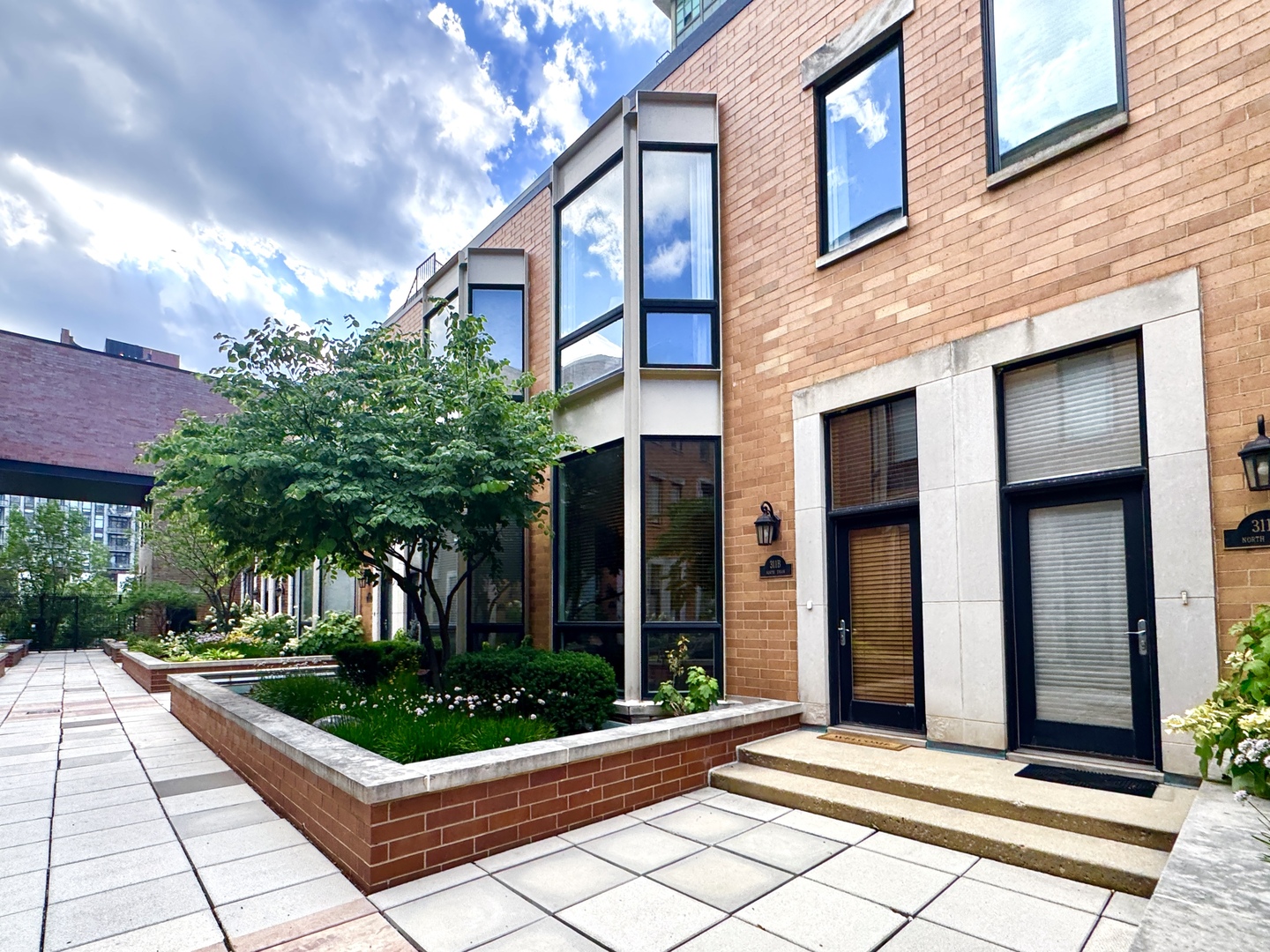HOMEBUYERS: How to Save Thousands When You Buy
“When you analyze those successful home buyers who have the experience to purchase the home they want for thousands of dollars below a seller’s asking price, some common denominators emerge.”
If you’re like most home buyers, you have two primary considerations in mind when you start looking for a home. First, you want to find a home that perfectly meets your needs and desires, and secondly, you want to purchase this home for the lowest possible price.
When you analyze those successful homebuyers who have been able to purchase the home they want for thousands of dollars below a seller’s asking price, some common denominators emerge. Although your agents negotiating skills are important, there are three additional key factors that must come into play long before you ever submit an offer.
These Steps Will Help You Save Thousands When You Buy a Home
Make sure you know what you want . . . As simple as this sounds, many homebuyers don’t have a firm idea in their heads before they go out searching for a home. In fact, when you go shopping for a place to live, there are actually two homes competing for your attention: the one that meets your needs, and the one that fulfills your desires. Obviously, your goal is to find one home that does both. But in the real world, this situation doesn’t always occur.
When you’re looking at homes, you’ll find that you fall in love with one or another home for entirely different reasons. Is it better to buy the 4- bedroom home with room for your family to grow, or the one with the big eat-in kitchen that romances you with thoughts of big weekend family brunches? What’s more important: a big backyard, or proximity to your child’s school? Far too often people buy a home for the wrong reasons, and then regret their decision when the home doesn’t meet their needs.
Don’t shop with stars in your eyes: satisfy your needs first. If you’re lucky, you’ll find a home that does this and also fulfills your desires. The important thing is to understand the difference before you get caught up in the excitement of looking.
Find out if your agent offers a “Buyer Profile System” or “House-hunting Service,” which takes the guesswork out of finding just the right home that matches your needs. This type of program will cross-match your criteria with ALL available homes on the market and supply you with printed information on an ongoing basis. A program like this helps homeowners take off their rose-colored glasses and, affordably, move into the home of their dreams.
To help you develop your home buying strategy, use this form:
What do I absolutely NEED in my next home:
1. ______________________________
2. ______________________________
3. ______________________________
4. ______________________________
5. ______________________________
What would I absolutely LOVE in my next home:
1. _______________________________
2. _______________________________
3. _______________________________
4. _______________________________
5. _______________________________
How Sellers Set Their Asking Price
For you to understand how much to offer for a home you’re interested in, it’s important for you to know how sellers price their homes. Here are 4 common strategies you’ll start to recognize when you begin to view homes:
1. Clearly Overpriced:
Every seller wants to realize the most amount of money they can for their home, and real estate agents know this. If more than one agent is competing for your listing, an easy way to win the battle is to overinflate the value of your home. This is done far too often, with many homes that are priced 10- 20% over their true market value.
This is not in your best interest, because in most cases the market won’t be fooled. As a result, your home could languish on the market for months, leaving you with a couple of important drawbacks:
– your home is likely to be labeled as a “troubled” house by other agents, leading to a lower than fair market price when an offer is finally made
– you have been greatly inconvenienced with having to constantly have your home in “showing” condition . . . for nothing.
These homes often expire off the market, forcing you to go through the listing process all over again.
2. Somewhat Overpriced:
About 3/4 of the homes on the market are 5-10% overpriced. These homes will also sit on the market longer than they should. There is usually one of two factors at play here: either you believe in your heart that your home is really worth this much despite what the market has indicated (after all, there’s a lot of emotion caught up in this issue), OR you’ve left some room for negotiating. Either way, this strategy will cost you both in terms of time on the market and ultimate price received
3. Priced Correctly at Market Value
Some sellers understand that real estate is part of the capitalistic system of supply and demand and will carefully and realistically price their homes based on a thorough analysis of other homes on the market. These competitively priced homes usually sell within a reasonable time-frame and very close to the asking price.
4. Priced Below the Fair Market Value
Some sellers are motivated by a quick sale. These homes attract multiple offers and sell fast – usually in a few days – at, or above, the asking price. Be cautious that the agent suggesting this method is doing so with your best interest in mind.
